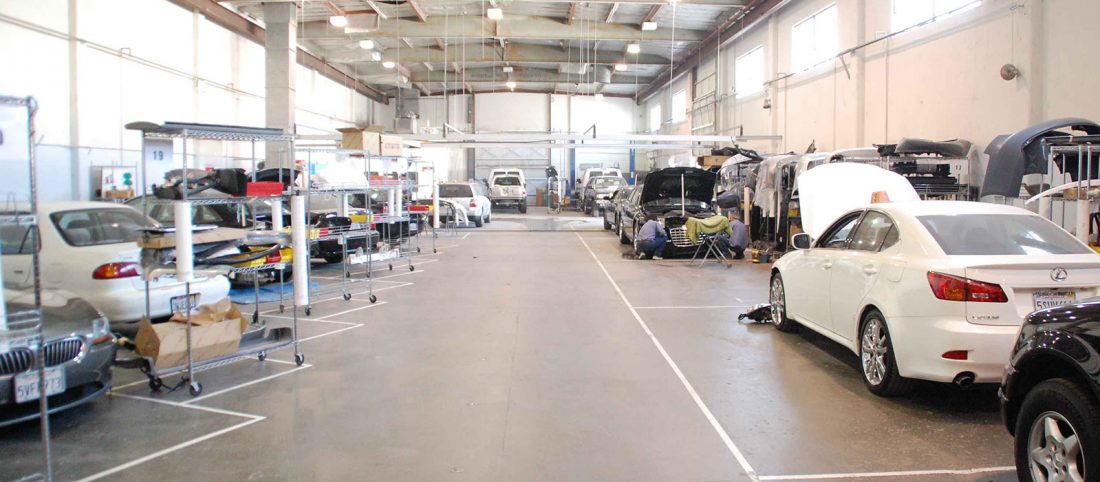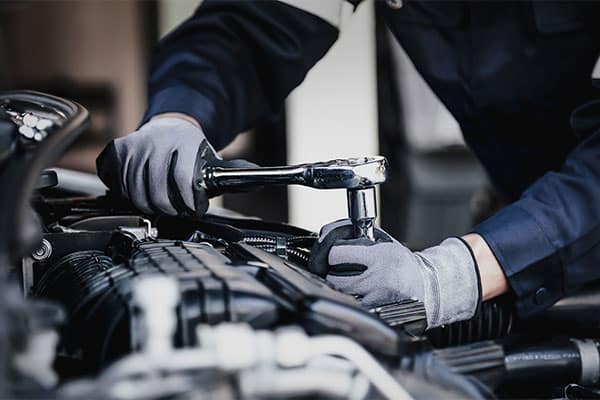All Categories
Featured
Your vehicle's brakes are one of the most essential parts in guaranteeing your safety and the security of others when traveling. Routine brake inspections are vital to preserving optimum braking performance and preventing pricey repair work. Whether you're a skilled automobile owner or a brand-new vehicle driver, recognizing brake evaluation guidelines can assist you stay aggressive concerning upkeep and ensure your car is constantly roadworthy.
- Why Brake Inspections Matter. The more you drive, the more friction your brake pads withstand, eventually leading to lowered braking effectiveness. Without appropriate evaluation, it's difficult to determine when your brakes may be in requirement of repair work.
A properly maintained brake system makes certain fast, receptive quiting power, specifically in emergencies. It also helps prolong the life of your lorry, as ignoring brake maintenance can bring about extra extreme, expensive problems later.
- Indications You Need a Brake Evaluation. While it's vital to have your brakes checked periodically, specific signs may indicate that they require interest. Watch (and ear) out for these caution signals:
Squeaking or Grinding Sounds: Unusual noises, especially a piercing squeal or grinding sound, typically suggest that your brake pads are used down. Resonance or Pulsation: If you feel resonances or a pulsing feeling when pressing the brake pedal, maybe a sign of distorted blades or irregular brake pad wear. Minimized Brake Responsiveness: If your brakes really feel much less responsive or you need to push the pedal harder to reduce down, it might indicate air in the brake lines or reduced brake fluid. Pulling away: If your car pulls to one side when stopping, it can suggest uneven brake pad wear or a brake fluid leak. Dashboard Caution Lights: Some autos have brake-related caution lights that indicate problems like reduced brake fluid or used brake parts. If you observe any one of these signs, it's essential to have an expert mechanic perform a brake inspection immediately.

- What Occurs Throughout a Brake Examination? During a brake assessment, a mechanic will inspect numerous crucial parts of the braking system to make certain whatever is in functioning order. Below's what you can expect during the process:
Brake Pads and Shoes: The mechanic will certainly check the thickness of the brake pads or footwear. If they're too thin, they'll require to be changed. Brake Rotors: Rotors are the discs that the brake pads press versus to slow your vehicle down. They'll be checked for any type of signs of wear, racking up, or warping. Brake Fluid: Reduced or contaminated brake liquid can impair stopping performance. The service technician will certainly check the fluid degree and quality and leading it up or purge it if required. Brake Lines and Tubes: Brake lines lug fluid from the master cylinder to the brakes. The mechanic will inspect for any kind of leakages, splits, or damage to ensure proper liquid flow. Brake Calipers and Wheel Cylinders: Calipers and wheel cylinders press the brake pads versus the blades or drums. The professional will certainly look for wear, leaks, and proper operation. 4. Exactly how Commonly Should You Have Your Brakes Inspected? The frequency of brake inspections relies on factors like your driving practices, the sort of automobile you drive, and the environment in which you drive. As a general guideline, it's an excellent concept to have your brakes evaluated every 12,000 miles or yearly. If you experience any of the caution indicators discussed earlier, it's crucial to obtain your brakes examined promptly.
For those who frequently drive in hefty traffic, mountainous terrain, or rough climate condition, even more constant inspections may be necessary.
- Value of Timely Brake Repairs. When you detect a problem with your brakes, it's necessary to address it immediately. Delaying brake repair work can cause even more significant damages to your braking system, causing greater fixing costs. In severe instances, ignoring brake problems can lead to finish brake failing, which is a severe safety and security risk.
By remaining on top of brake upkeep and addressing concerns immediately, you make certain that your brakes remain to perform as meant, keeping you and your guests secure when driving.
Conclusion: Maintain Your Brakes in Top Shape. Brake assessments are a straightforward yet vital part of vehicle maintenance. By comprehending the relevance of routine examinations, recognizing the indications of brake problems, and staying positive with repair work, you can guarantee your car's stopping system remains in optimum condition.
Latest Posts
South Eye Center - Best Eye Doctor Nearby: Comprehensive Eye Health Solutions.
The Benefits of Plastic Fence from Washington Fence
Transform Your Shower Room with Bath Fitter's Walk-In Shower Solutions
More
Latest Posts
South Eye Center - Best Eye Doctor Nearby: Comprehensive Eye Health Solutions.
The Benefits of Plastic Fence from Washington Fence
Transform Your Shower Room with Bath Fitter's Walk-In Shower Solutions
